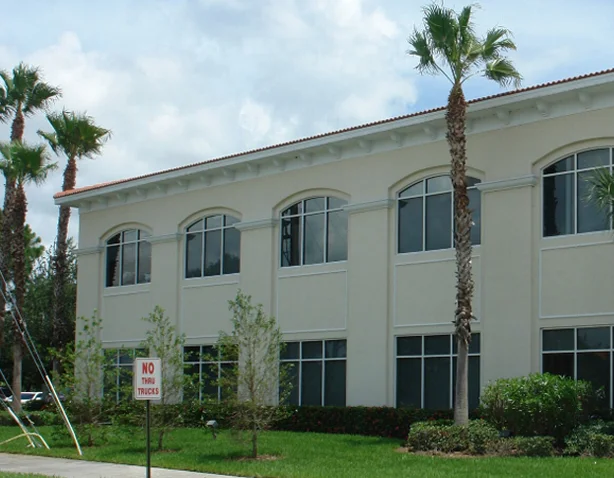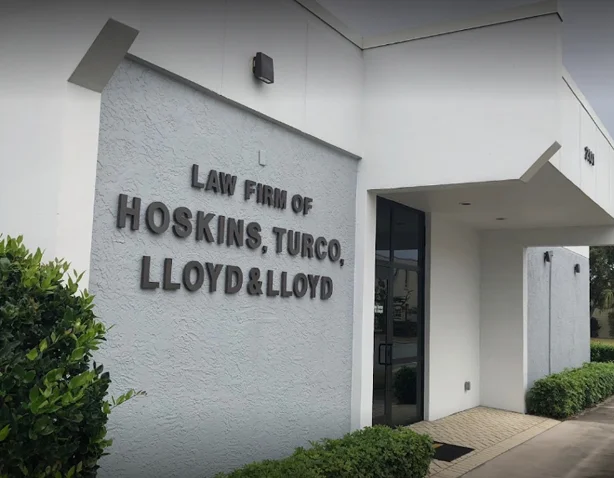New Year’s Eve is just around the corner. For many people on the Treasure Coast, the holiday is a time
Safe Driving Posted on Mar 10, 2015
In my thirty-five years of practicing personal injury law, I have noticed an increase in head-on collisions caused by the other driver driving the wrong direction. Unfortunately, these types of vehicle collisions usually result in serious injuries or death. The 2014 Institute of Transportation Engineers listed Texas, California, and Florida as the states with the highest number of wrong-way driving fatalities. Twenty-two percent of wrong-way crashes are fatal as compared with less than one percent for all other crashes, and most deaths occur from head-on, high-speed collisions.
Deborah Hersman, chairman of the National Transportation Safety Board (NTSB), says these accidents are “completely preventable.” Fifteen percent of wrong-way crashes involve drivers older than seventy-years-old. The real danger is usually alcohol, though. Drunk drivers cause sixty percent of wrong-way crashes.
The state of Florida has initiated a Wrong-Way Pilot Project to lower the rate of wrong-way crashes to improve the safety of the highway systems. In December 2014, the Florida Department of Transportation (FDOT) installed radars and cameras at highway interchanges to snapshot and alert drivers and highway officers that a vehicle is traveling in the wrong direction. The project is also in the process of replacing “Wrong Way” signs with oversized signs with sensor-triggered flashing lights, and Florida Highway Patrol is introducing new loop-technology to alert officers of wrong-way drivers.
Although preventative measures are being implemented along Florida highways, there are five defensive driving tactics set forth by Safe America to make you a safe driver behind the wheel:
When trying to avoid a wrong-way driver, swerve to the right. Many of the wrong-way drivers get on the freeways and immediately go all the way to the right side of the freeway because they think it is the slow lane. Since wrong-way drivers are most likely intoxicated, they do not want to get pulled over for speeding.
Look up, look ahead, and scan the freeway. People tend to look no further than a couple of hundred feet ahead of them. You can easily look ahead to give yourself time to see danger coming.
There are three common reasons why people drive on the wrong side of the road: driving under the influence of an impairing substance like alcohol or sleeping pills, inexperience, and a lack of mental alertness. As a defensive driver, be as clear as possible with your signal lights as to your intentions.
The majority of crashes involving wrong-way drivers are head-on collisions and side-swipes. In these types of crashes, you increase your chances of surviving if you are wearing your seatbelt. If you see a wrong-way driver, pull over as soon as possible and call 911. Give the dispatcher the license plate number, if possible, description of the vehicle, and location and direction of travel.
Did you answer white? Good. A lot of road reflectors used currently are duel colored, white on one side and red on the other. Most people don’t know this since they are rarely on the wrong side of the road. So, if you are seeing red reflectors on the road, you are on the wrong side.
If you or a loved one has been involved in a wrong-way driving accident or any accident, my team and I can help you. I am a Board Certified Civil Trial Lawyer with over 30 years of experience in helping the injured, proudly serving the people of Port St. Lucie, Vero Beach, Fort Pierce, and Okeechobee. Call me for a free case analysis and evaluation.
Toll Free: 1-866-460-1990; After Hours: 1-772-359-0342
New Year’s Eve is just around the corner. For many people on the Treasure Coast, the holiday is a time
South Florida is currently experiencing one of the highest rates of inflation in the country. According to the U.S. Bureau
How the technology raises risk of carbon monoxide poisoning Are all the electronics in your car a good thing? When

Phone: (772) 344-7770
Fax: (772) 344-3838

Phone: (772) 464-4600
Fax: (772) 465-4747

Phone: (772) 577-7551
Fax: (772) 794-7773

Phone: (863) 357-5800
Fax: (863) 763-2237
As the law firm Florida has trusted for over 40 years to fight on their behalf, we are more than ready to represent you. Put our experience and reputation to work. If you need help with any legal matter, whether it’s a personal injury, workers’ compensation, disability or bankruptcy case, contact us now. The consultation is absolutely free.
Get the answers you need. We’ll review your case today, for free.
"*" indicates required fields